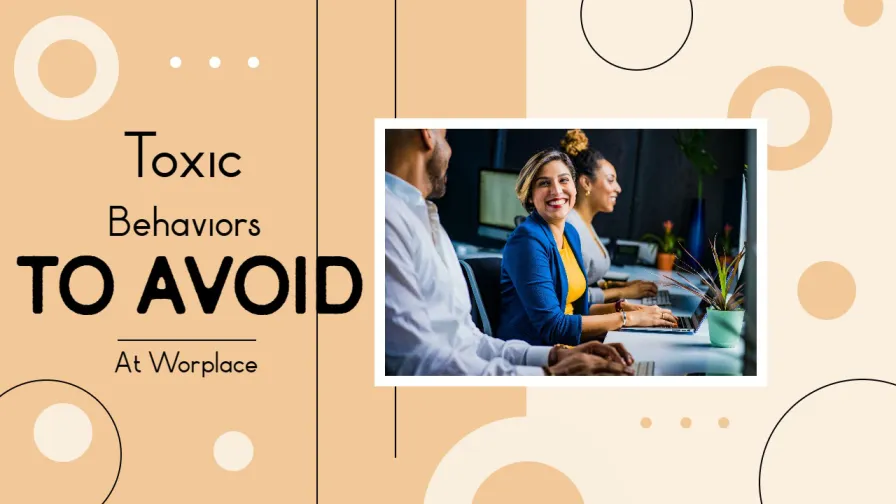Gossiping is the habit of talking about other people’s affairs, sometimes spreading rumors about information that has not been verified.
Gossip usually involves scandalous, hurtful, and non-public information usually to disgrace, shame, or hurt the individual. In contrast, rumors involve unverified and speculative information.
People gossip to fight boredom, feel accepted, gain attention, or feel better about themselves.
While tempting and interesting at the moment, gossiping usually leads to drama, regret, shame, mistrust, and the collapse of relationships.
A simple gossip usually runs out of control and spreads like wildfire, with false details added at every turn and attributed to the origin.
In the era of social media, secret recordings, and screenshots, gossiping could quickly spin out of control.
Victims of gossip may retaliate by gossiping back or divulging damning information about the gossipers, leading to a tense work environment.
Gossipers eventually experience social isolation, bad reputation, guilt, and shame and could face legal consequences. Also, gossiping could turn tragic, especially when the victims suffer irreparably.
Gossiping could also hurt your organization, as the old proverb goes, “loose lips sink ships.”
Since gossiping hurts the perpetrators, victims, and third parties, avoiding putting yourself and others in that position is advisable.





















